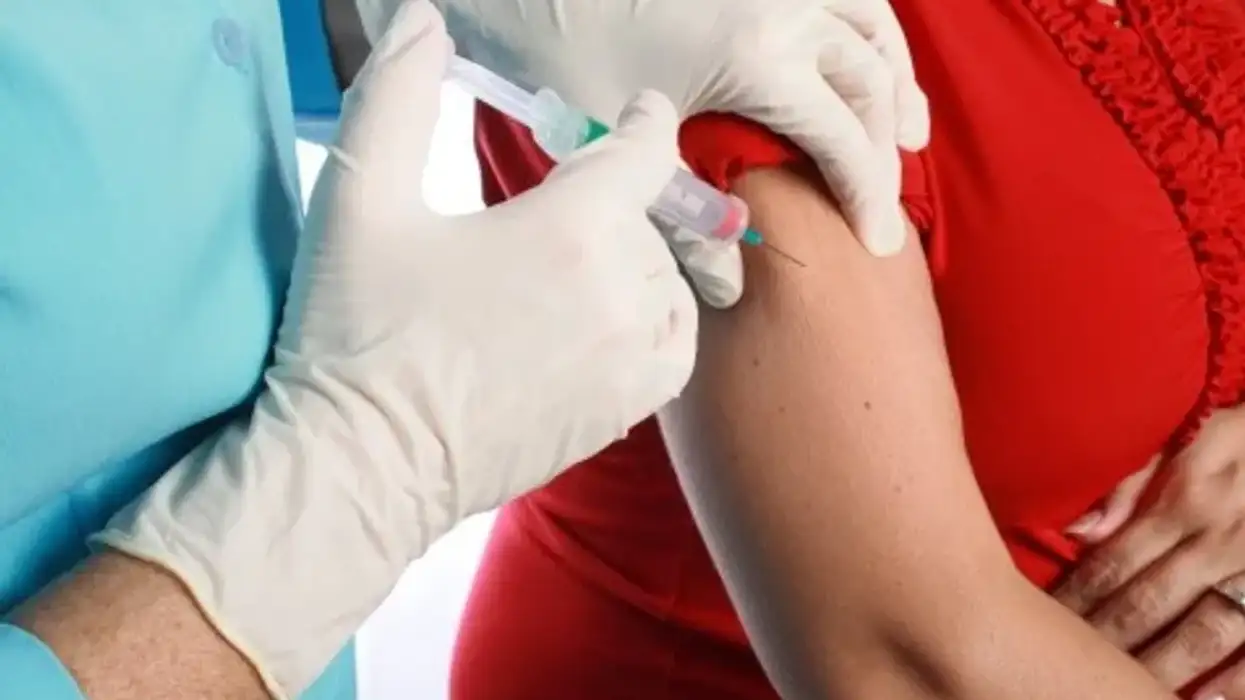While burnout, high workloads, and patient safety fuel discontent, GPs against any changes to the existing contract
General practitioners (GPs) across England have made a resolute stand against proposed alterations in the 2024/25 national GP General Medical Services (GMS) contract put forth by the Department of Health and Social Care (DHSC) and NHS England.
This firm opposition coincides with the declaration of an extended six-month strike by 33,869 junior doctors within the NHS, advocating for full pay reinstatement and reforms in the pay recommendation process.
The latest survey conducted by the British Medical Association (BMA) has revealed that an overwhelming 99.2% of GPs in England are against any changes to the existing contract.
The proposed amendments, slated for implementation from April 1st, 2024, encompass a meagre national practice contract baseline funding uplift of just 1.9%, notably falling short of recent inflation rates.
This corroborates with GP Online poll that recently unveiled widespread GP dissatisfaction with proposed changes to the national GMS contract. 83% of GPs in favour of strikes cite pay and funding concerns, while burnout, high workloads, and patient safety also fuel discontent.
In light of the resounding rejection of the contract amendments, the General Practitioners Committee (GPC) for England is set to convene to deliberate on the referendum outcome and chart the profession's path forward.
Moreover, Office of National Statistics (ONS) report indicates that the NHS waiting list might be longer than previously estimated, with approximately 9.7 million individuals awaiting appointments.
Dr. Katie Bramall-Stainer, chair of GPC England at the BMA, expressed deep dismay over the declining state of general practice in England, stressing the urgent need to address the challenges faced by healthcare professionals and patients alike.
"When I qualified as a GP in 2008, general practice was ‘the jewel in the crown of the NHS’. Fast forward to 2024, we are witnessing a ‘constructive dismissal’ of general practice across England where £1.4bn of Treasury funds for practice staff are forbidden to be spent on recruiting more GPs and practice nurses."
“This is despite almost 2,000 fewer GPs, more than 1,300 lost practices and six million more patients in the past decade," she further added.
As per a recent the Office of National Statistics (ONS), approximately 9.7 million individuals – equating to more than one in five – are awaiting appointments across the nation underlining the staggering scale of the GP appointment backlogs.












